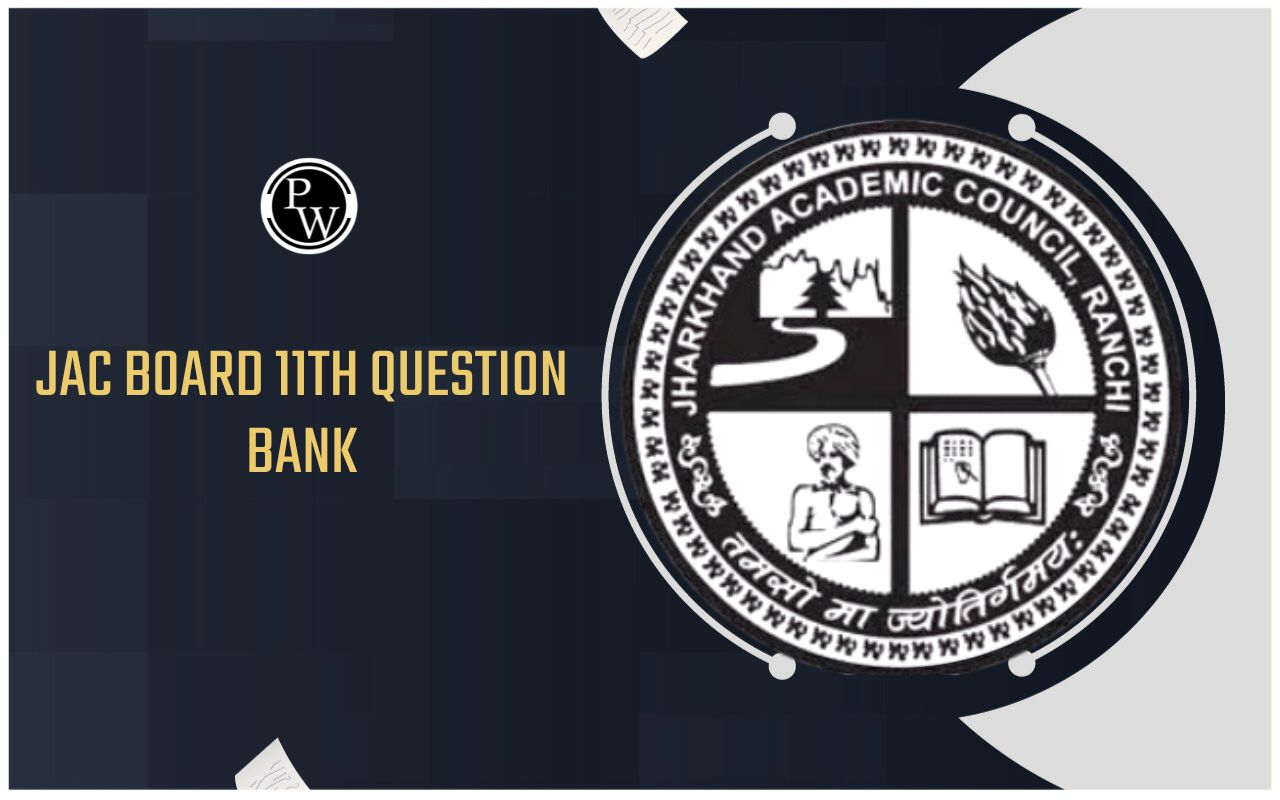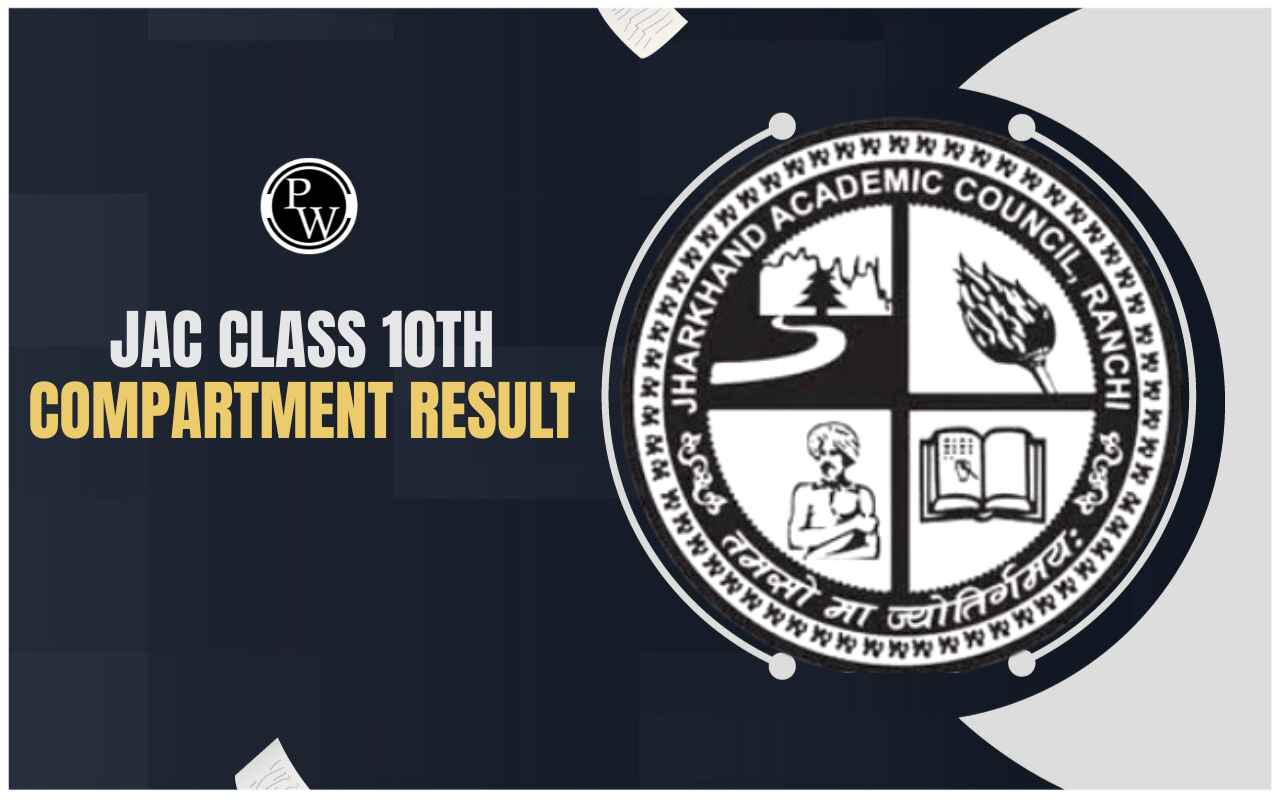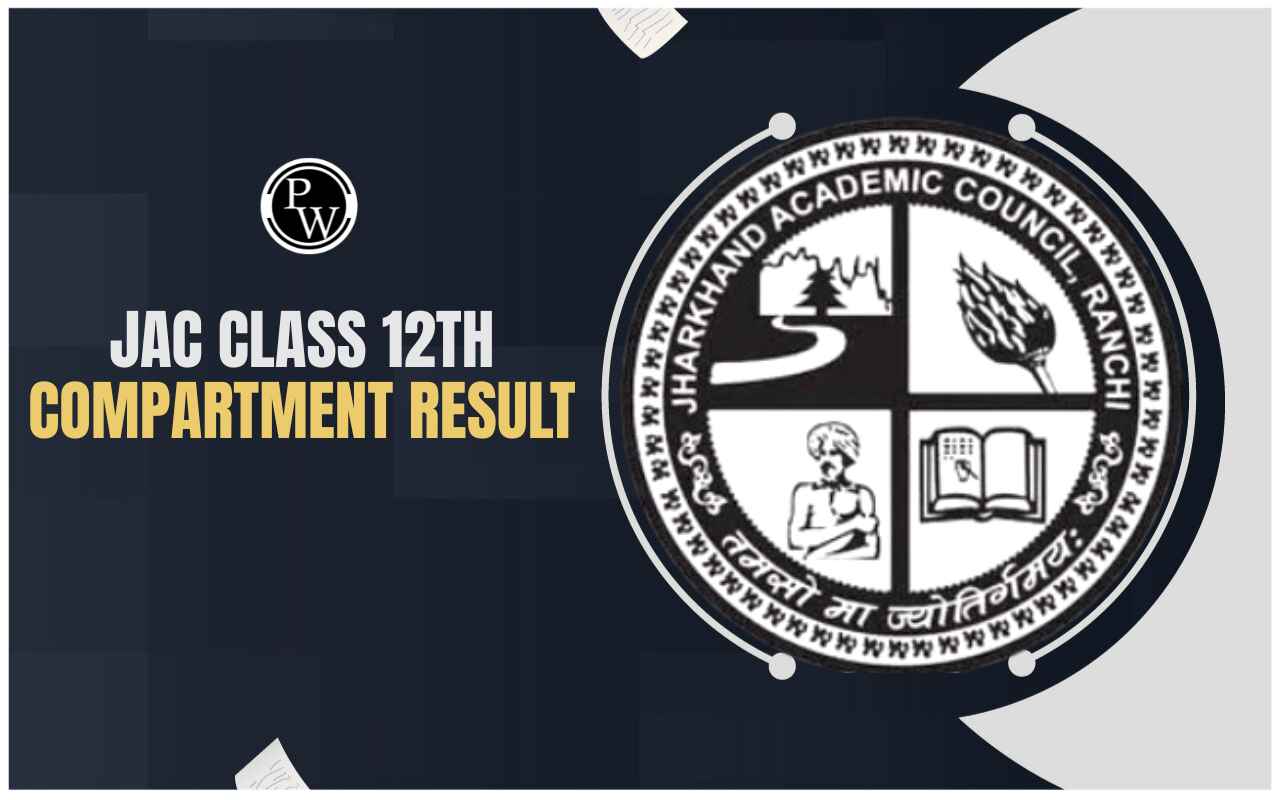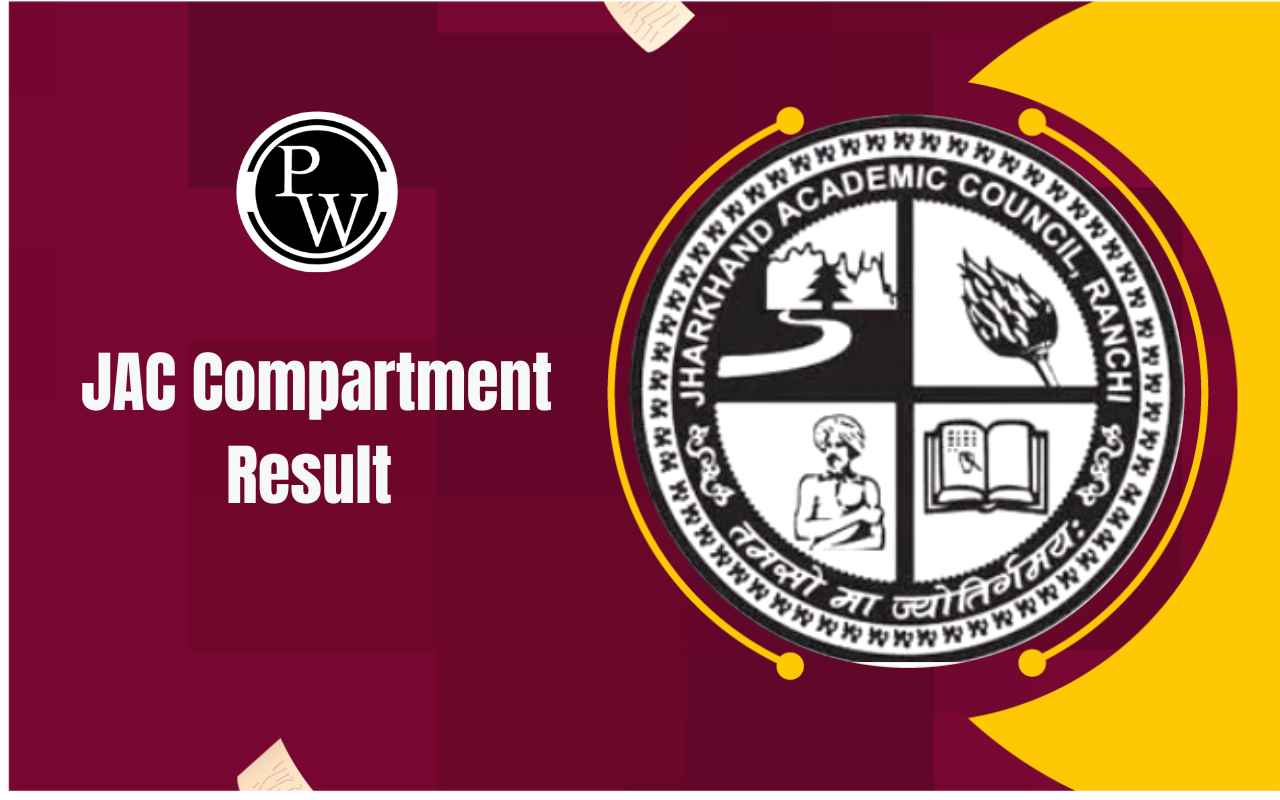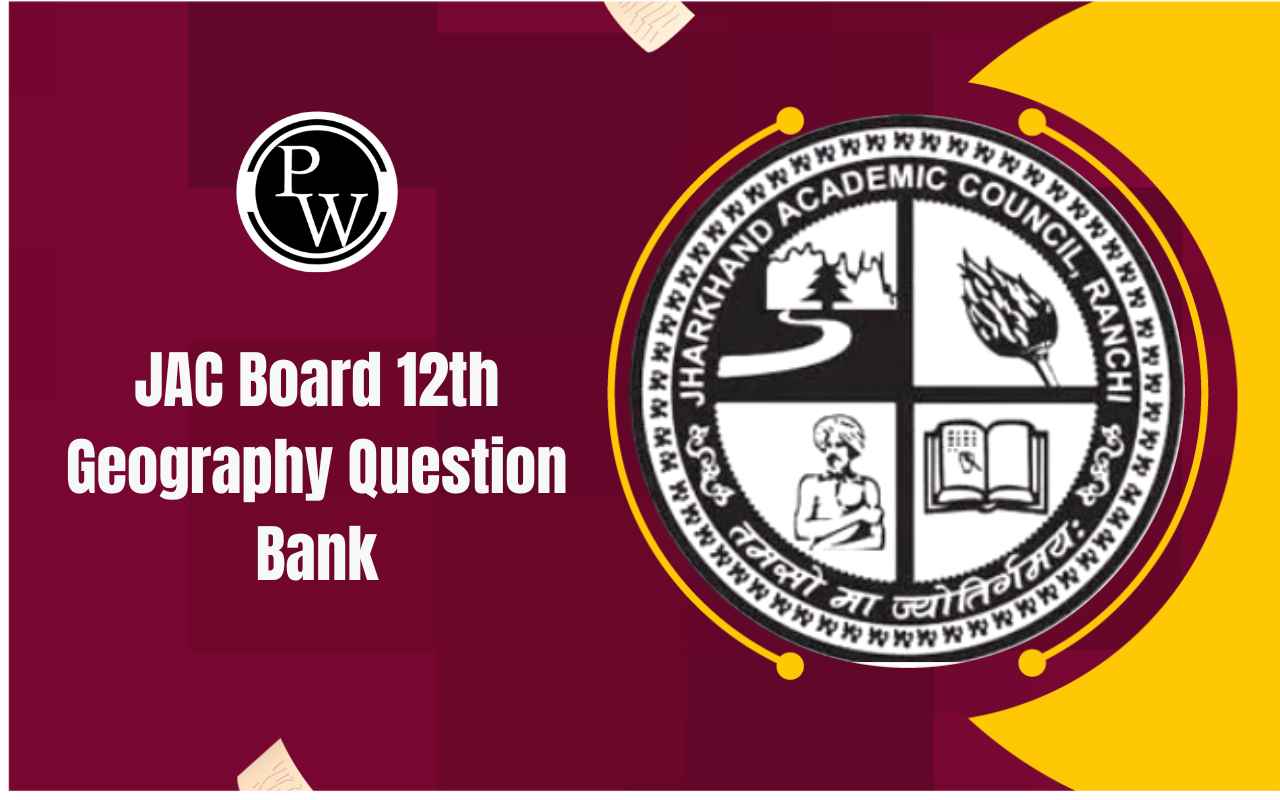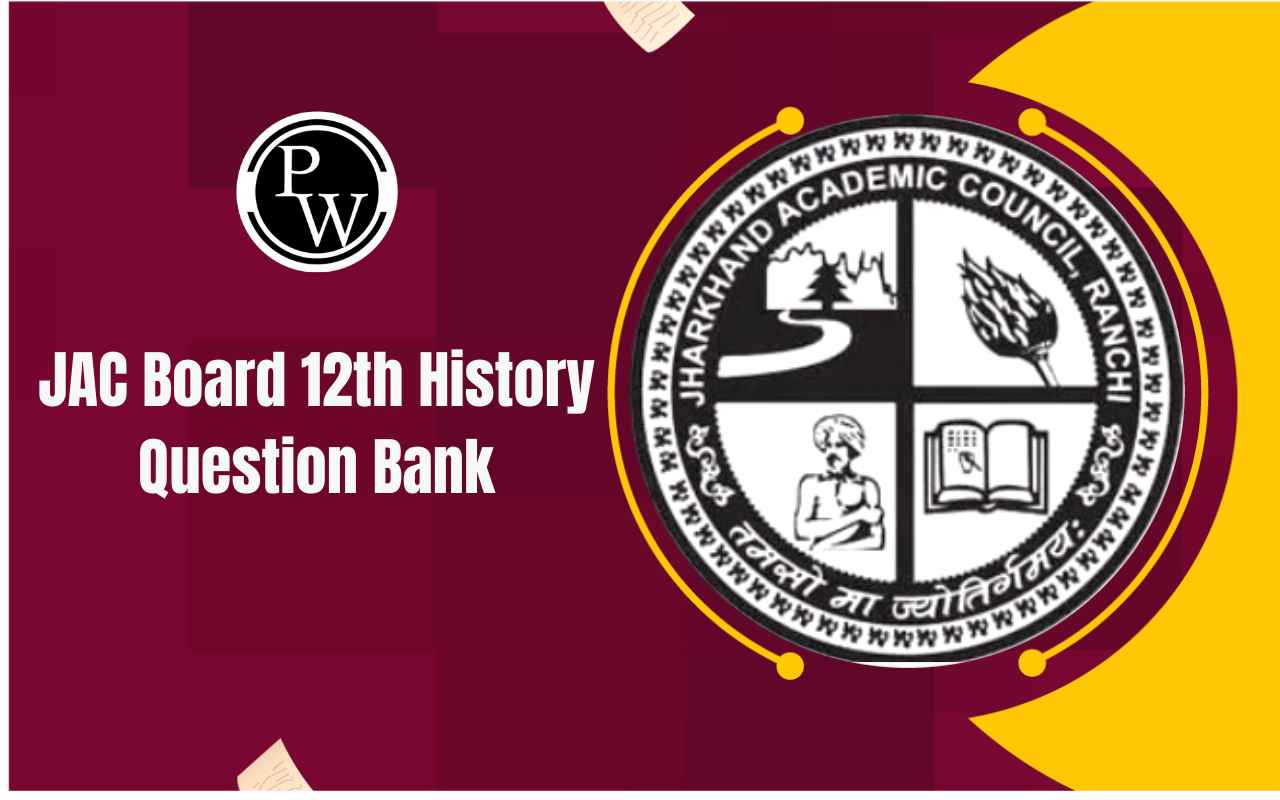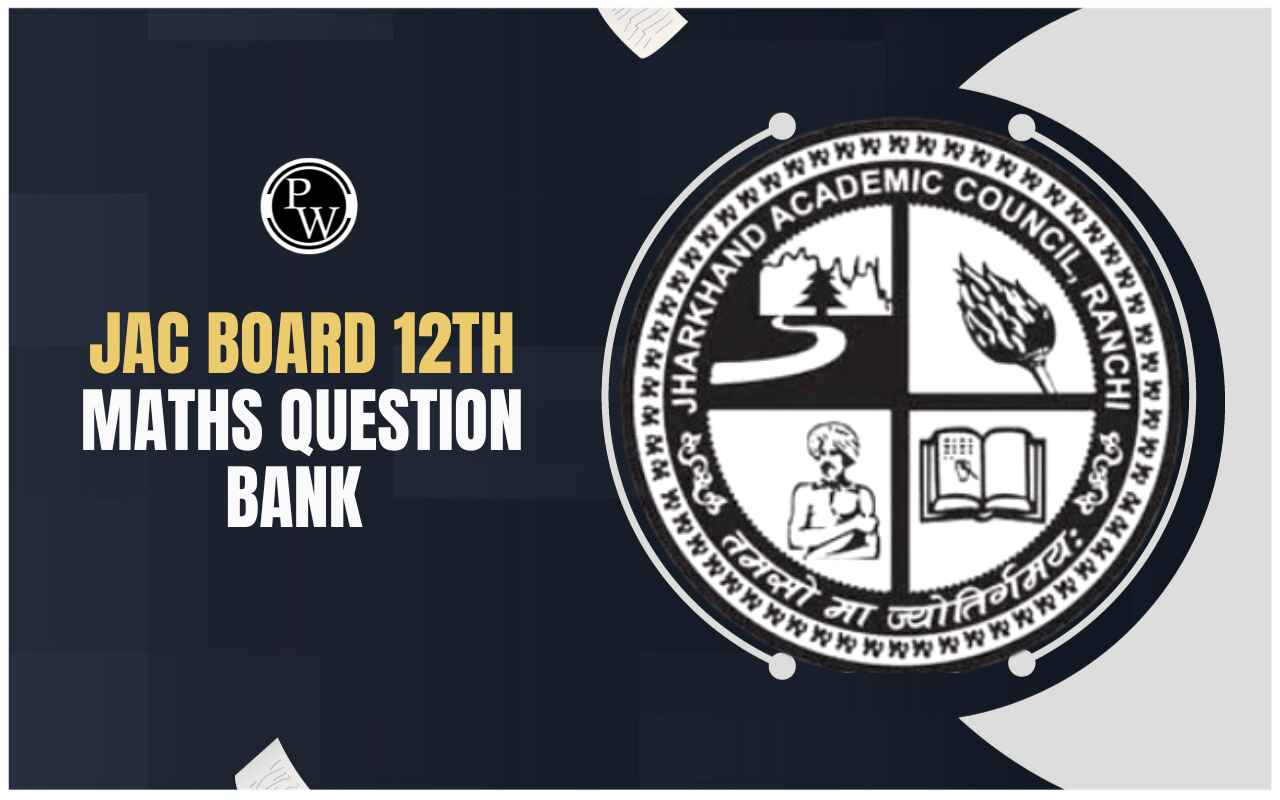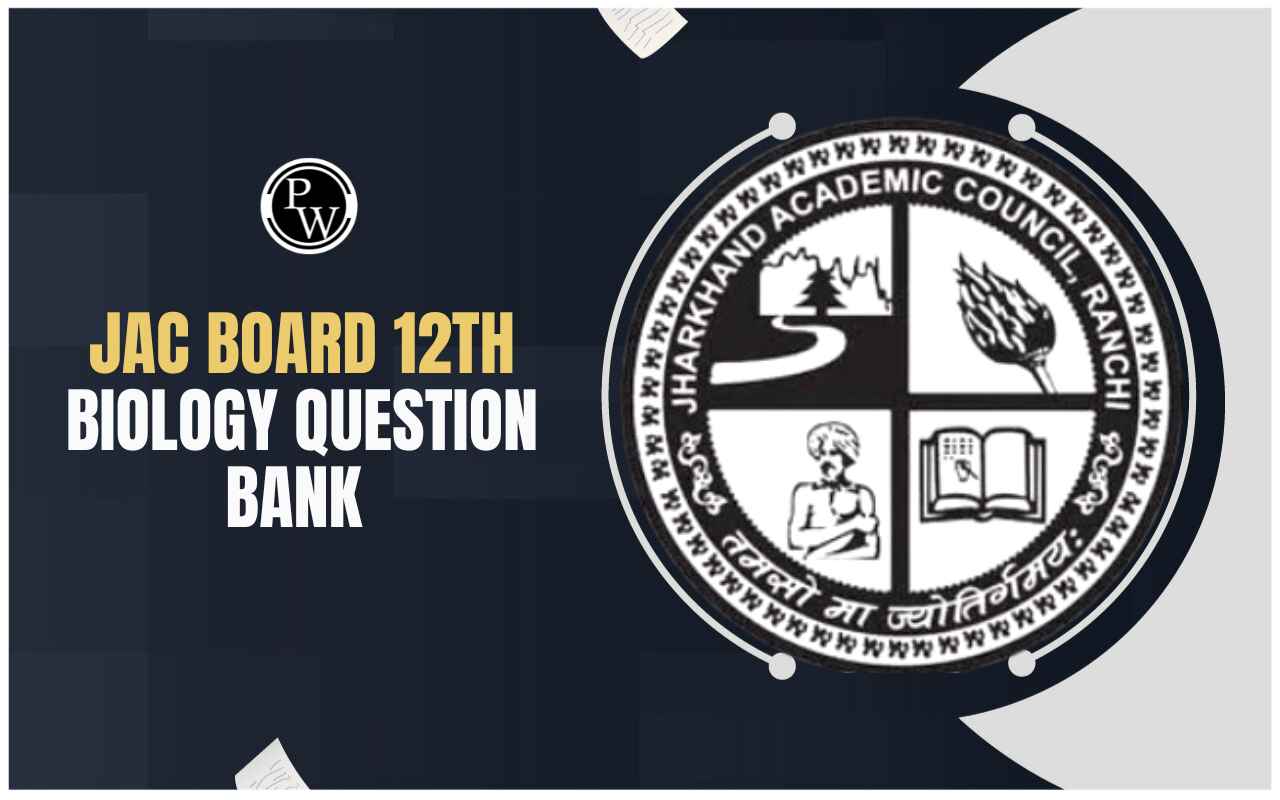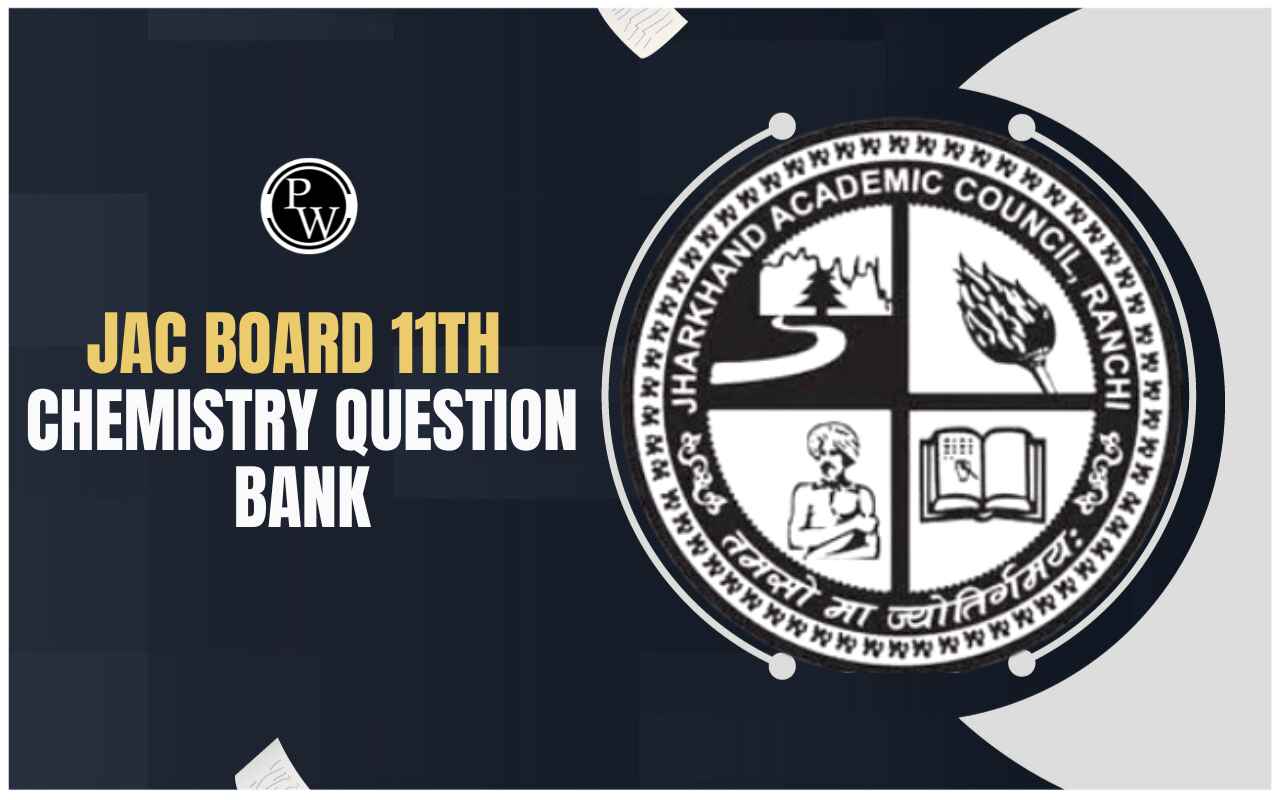
The JAC Board Class 11 Chemistry syllabus for 2025–26 includes important topics such as atomic structure, chemical bonding, thermodynamics, equilibrium, hydrocarbons, and environmental chemistry. The exam pattern consists of both objective and subjective questions, along with practical assessments.
Students should follow the updated syllabus carefully and regularly practice previous year papers to understand the marking scheme, question trends, and difficulty level. This helps in identifying important topics and improving time management during the exam. A clear understanding of the syllabus and consistent revision is key to scoring well in the Class 11 Chemistry board examination.
JAC Board Class 11th Physics Syllabus
JAC Board Class 11th Chemistry Syllabus
Below is the table for the JAC Board Class 11th Chemistry Syllabus, organized month-wise for the 2025–26 academic session. This syllabus includes all major chapters as per the official curriculum, allowing students to follow a structured study plan throughout the year. It helps in better time management and focused preparation for the board exams.
|
JAC Board Class 11th Chemistry Syllabus |
|
|
Chapter No. |
Chapter Name |
|
1 |
Some Basic Concepts of Chemistry |
|
2 |
Structure of Atom |
|
3 |
Classification of Elements and Periodicity in Properties |
|
4 |
Chemical Bonding and Molecular Structure |
|
5 |
Thermodynamics |
|
6 |
Equilibrium |
|
7 |
Redox Reactions |
|
8 |
Organic Chemistry – Some Basic Principles and Techniques |
|
9 |
Hydrocarbons |
Detailed Overview of JAC Board Class 11th Chemistry Syllabus
Here is a detailed overview of each chapter in the JAC Board Class 11th Chemistry Syllabusr:
-
Some Basic Concepts of Chemistry
Introduces the fundamentals of chemistry including mole concept, stoichiometry, laws of chemical combination, and atomic/molecular mass. It lays the groundwork for problem-solving in chemical calculations. -
Structure of Atom
Covers the discovery of subatomic particles, Bohr’s model, quantum mechanical model, and electronic configurations. Students learn how atoms are structured and how electrons behave. -
Classification of Elements and Periodicity in Properties
Explains the modern periodic table, periodic trends (such as atomic size, ionization energy), and their significance in predicting chemical behavior of elements. -
Chemical Bonding and Molecular Structure
Discusses types of chemical bonds, Lewis structures, VSEPR theory, and hybridization. Students understand how atoms combine to form stable molecules. -
Thermodynamics
Introduces concepts of system, surroundings, enthalpy, internal energy, and laws of thermodynamics. It helps students understand energy changes in chemical processes. -
Equilibrium
Focuses on physical and chemical equilibrium, Le Chatelier’s Principle, equilibrium constant, and factors affecting equilibrium. It builds analytical thinking in reversible reactions. -
Redox Reactions
Covers oxidation-reduction reactions, balancing redox equations, and concept of oxidation number. It’s vital for understanding electrochemistry and many real-world chemical processes. -
Organic Chemistry – Some Basic Principles and Techniques
Explains the basics of organic chemistry, classification of compounds, IUPAC naming, and purification techniques. It introduces students to the world of carbon compounds. -
Hydrocarbons
Focuses on alkanes, alkenes, alkynes, and aromatic hydrocarbons—their structure, properties, and reactions. Students learn about fuels and basic organic reactions.
JAC Board Class 11 Biology Syllabus
Steps to download the JAC Board Class 11th Chemistry Syllabus
Here are the steps to download the JAC Board Class 11th Chemistry Syllabus:
-
Visit the official website of the Jharkhand Academic Council:https://jac.jharkhand.gov.in
-
On the homepage, look for the “Others” or “Downloads” section.
-
Click on the link that says “Syllabus” or “Class 11 Syllabus”.
-
A list of subjects will appear. Find and click on “Chemistry” under Class 11.
-
The syllabus will open in PDF format.
-
Click on the download icon or right-click and select “Save As” to download the file to your device.
JAC Board Class 11th Chemistry Syllabus PDF Download
Below we have provided the JAC Board Class 11th Chemistry Syllabus PDF for the 2025–26 academic session. This syllabus includes all the essential chapters and topics organized month-wise as per the official guidelines of the Jharkhand Academic Council.
It helps students plan their studies effectively and prepare for exams in a structured manner. By downloading the PDF, students can access the complete syllabus anytime for reference, revision, and exam preparation. Click the link below to download the official syllabus.
JAC Board Class 11th Chemistry Syllabus
Study without using the internet
JAC Board Class 11th Chemistry Exam Pattern and Marking Scheme
Check the table below for the JAC Board Class 11th Chemistry Exam Pattern and Marking Scheme. The exam consists of a theory paper and a practical assessment, together totaling 100 marks. Understanding the marks distribution helps students focus on both written and laboratory work. This structured pattern ensures a balanced evaluation of theoretical knowledge and practical skills.
|
JAC Board Class 11th Chemistry Exam Pattern and Marking Scheme |
|||
|
Type of Assessment |
Marks Allotted |
Description |
Mode of Assessment |
|
Theory Exam |
70 Marks |
Based on textbook chapters with short and long questions |
Written Examination |
|
Practical Exam |
30 Marks |
Includes experiments, viva, and record book evaluation |
Laboratory-Based Assessment |
|
Total |
100 Marks |
Combined marks from theory and practical |
— |
JAC Board Class 11th Chemistry Assessment and Projects
The JAC Board Class 11th Chemistry assessment includes both theory and practical components to evaluate students comprehensively. The theory paper carries 70 marks, while 30 marks are allotted for practical work, which includes experiments, viva, and record maintenance. Students are also encouraged to complete project work based on real-life chemical applications, which helps enhance analytical and observational skills.
This balanced approach ensures that students not only understand concepts but can also apply them effectively in laboratory and daily life situations.
Preparation Tips for the JAC Board Class 11th Chemistry Examination
Here are preparation tips for the JAC Board Class 11th Chemistry Examination, divided by key areas within the subject:
1. Physical Chemistry
-
Understand concepts like mole concept, thermodynamics, and equilibrium with clarity.
-
Practice numerical problems daily to strengthen calculation-based questions.
-
Focus on formulas and derivations; make a formula sheet for revision.
-
Solve previous year papers to understand the type of numerical problems asked.
2. Inorganic Chemistry
-
Learn periodic trends, chemical bonding, and block elements systematically.
-
Make tables and charts to remember s-block and p-block properties.
-
Revise chemical reactions and name reactions regularly.
-
Focus on conceptual understanding of atomic structure and periodicity.
3. Organic Chemistry
-
Start with basic principles like IUPAC nomenclature and types of reactions.
-
Practice structural formulas and reaction mechanisms frequently.
-
Use flowcharts to revise conversions and reaction series.
-
Understand functional group identification and reaction types clearly.
4. Practical Chemistry
-
Read the practical manual thoroughly and understand the aim and procedure of each experiment.
-
Practice titration techniques, salt analysis, and record maintenance carefully.
-
Prepare for viva by reviewing basic definitions and concepts related to each experiment.
-
Keep your practical file neat, complete, and up-to-date.
JAC Board Class 11th Chemistry Syllabus FAQs
Where can I find the JAC Class 11 Chemistry syllabus?
You can download it from the official JAC website or your school portal.
Is the syllabus based on NCERT textbooks?
Yes, the syllabus largely follows the NCERT Class 11 Chemistry books.
How to download JAC Board syllabus?
You can download the JAC Board Class 11th syllabus from here or even from the official website of JAC Board (jac.jharkhand.gov.in/jac).
How many chapters are there in Class 11 Chemistry?
There are 9 main chapters as per the academic schedule.
Are map questions part of the syllabus?
Yes, map-based questions are included in the theory paper.

